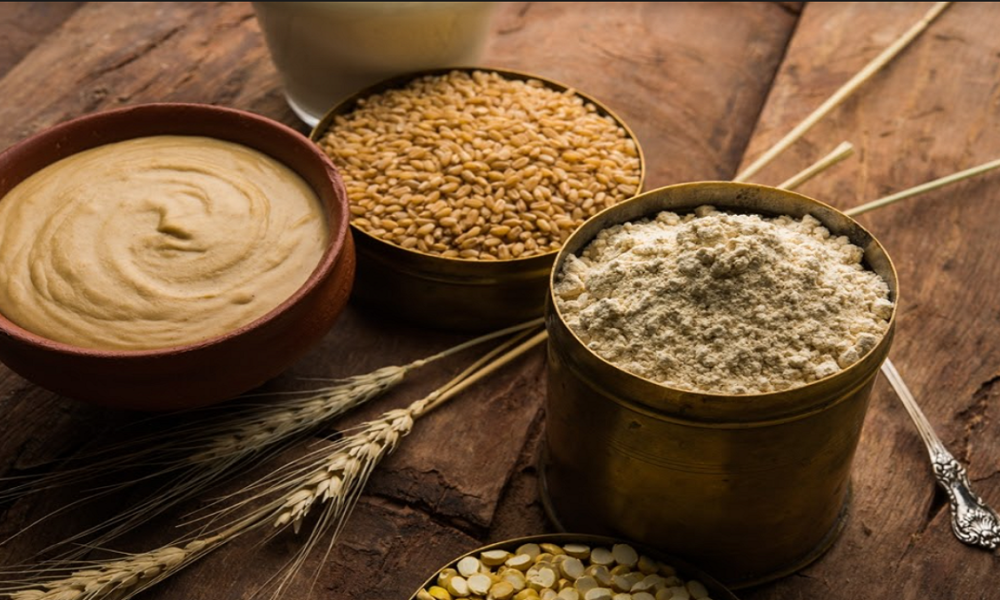When the Covid-19 pandemic hit us in India earlier this year, it forced us to look back to our rich heritage, for modern science wa s unable to find a panacea. As the scientific community continues its sincere efforts to develop a vaccine, developing immunity remains an individual’s best defence against the highly-contagious virus. The extensive knowledge base of Ayurveda on preventive care derives from the concepts of Dinacharya or daily regimes and Ritucharya or seasonal regimes that are key to maintain healthy life.
Immunity, based on the Ayurvedic principle, is categorised as Bala or the concept of strength, Vyadhi Kshamathwa or the concept of resistance to developing illness, and Ojas or the concept of supreme resilience. The concept of Bala refers to the ability of the body to repair and nourish itself and be effective in disease prevention, whereas Vyadhi Kshamathwa is the ability of the immune system to fight against the diseasecausing pathogens. The former is acquired through proper aahar (food), vihar (lifestyle changes) and yoga, while the latter is immune power gained via Aushadhi or various herbal supplements and medicines used for recovery after encountering pathogenic organisms.
Aahar (food): It is the most important aspect as food contributes to building the cells of the body and enables them to fight diseases. It is recommended to have fruits such as oranges, sweet lime, strawberries, papaya, guava, apple, and mango throughout the year as per the season of their availability. Include turmeric, ginger, cinnamon, fennel, spinach, carrot, green leafy vegetables, fresh asparagus, whole grains, honey, and nuts in the diet. These are necessary for being a rich repository of nutrients as well as antioxidants that guard the body against free radicals, molecules that can harm cells. Ayurveda prescribes drinking plenty of warm water. Avoid alcohol, meat, processed food, products that are high in salt, fats or sugar, such as carbonated drinks, packaged fruit juices and ready-to-eat food. In modern life, ghee and milk are taken in moderation but they are cherished in the Ayurvedic tradition for their Ojas-enhancing properties. Ghee contains essential fatty acids and can be digested easily.
Vihar (Lifestyle changes): Maintain a healthy lifestyle and avoid irregular sleep, stress, smoking; all of these weaken the body’s defence system. Avoid stress and make every effort to stay happy — build a social network, think about the brighter side, and exercise a hobby. Ensure that your routine has some amount of exercise and a large amount of good sleep to maintain healthy weight.
Yoga and Pranayam: Yoga is the gateway to holistic well-being. Yogasanas, such as Ardha Matsyendrasana, Uttanasana, Matsyasana, Bhujangasan, Halasan, Dhanurasan, together with Pranayam (breathing techniques) such as Anuloma Viloma and Bhastrika help in boosting immunity naturally, without any supplements.
Aushadhi (herbal supplements): Referred to as Rasayana, there are herbal supplements in Ayurvedic practice which act as strong antioxidants and immunity builders. The popular and well-known ones include Amla juice (dose: 10ml twice a day) and Chawanprash (5gm twice a day with warm milk). Herbs such as Ashwagandha, Triphala, Neem, Guduchi are also used for building immunity.
The writer is MD, Herbal Consultants Pvt Ltd.























